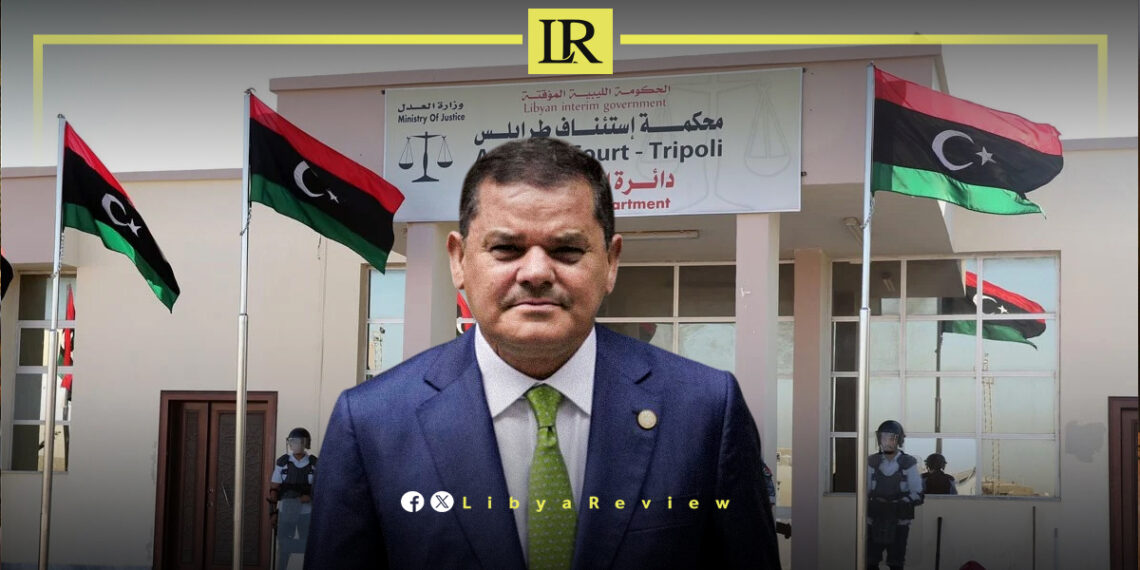A Libyan appeals court in Tripoli has officially overturned Prime Minister Abdulhamid Dbaiba’s controversial decision to appoint Ali Shtiwi, Deputy Minister of Justice, as the new head of the Judicial Police.
The court ruling effectively restores Sabri Hadiyah to his position and nullifies all decisions and actions taken by Shtiwi during his short-lived tenure.
The ruling, issued on Monday and shared via official platforms of the Judicial Police, was welcomed by the institution as a reaffirmation of legal order and internal stability. In a statement, the Judicial Police emphasized that this decision not only reinstates Hadiyah but also invalidates all administrative, disciplinary, or operational changes made under Shtiwi’s leadership, which it described as lacking legal foundation.
Dbaiba had dismissed Hadiyah in June and appointed Shtiwi as a replacement, arguing that the change was necessary to advance reforms within the security and justice sectors. However, the move triggered a wave of internal objections. Many within the Judicial Police expressed concern that the dismissal was politically motivated and carried out without proper legal or professional justification.
Officers and administrative staff released a series of statements rejecting Shtiwi’s appointment, stressing the need to protect the Judicial Police from becoming a tool in regional or political rivalries. Their calls for institutional neutrality gained traction, especially as Libya’s security apparatus remains fragile and fragmented in the current political climate.
Despite the widespread criticism, Prime Minister Dbaiba publicly defended the reshuffle just one day before the court’s decision.
In a press appearance, he reaffirmed his commitment to a broader “national project” aimed at restructuring state institutions and shielding them from what he described as militia influence. He claimed the Judicial Police needed urgent reform to function independently and lawfully.
However, the court’s ruling casts doubt on the legal and procedural basis of Dbaiba’s intervention, raising questions about executive overreach and the balance of power between the government and judicial institutions. It also reinforces the role of the judiciary in safeguarding due process and institutional legitimacy amid Libya’s ongoing political uncertainty.


